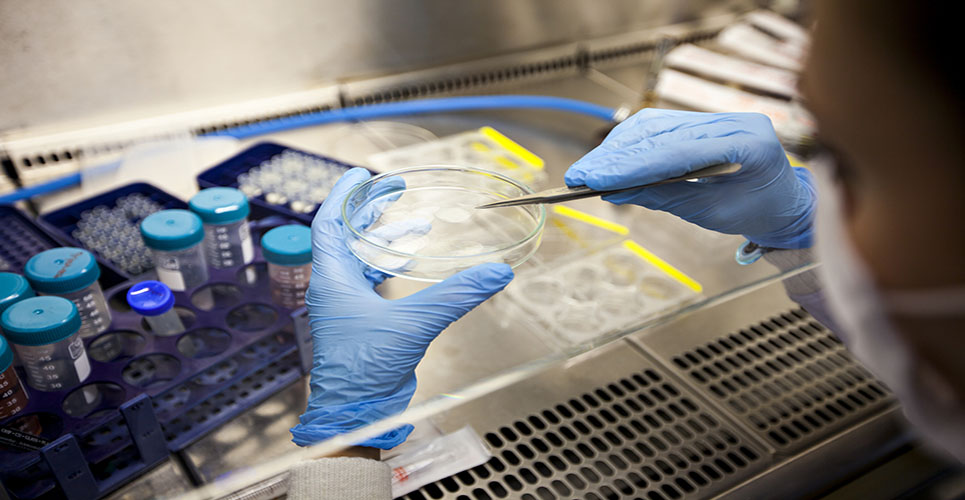teaser
HIV infection rates could be hugely cut by a newly discovered molecule, said US researchers.
An agent called surfen may be used to produce combination microbicides which include agents targeting both the virus and host factors promoting infection, said one of the researchers who are based at the Gladstone Institute of Virology and Immunology.
Laboratory director Dr Warner Green said such combinations might greatly lower the spread of HIV. Although it replicates once inside the body, the HIV virus struggles to establish a beachhead of infection during sexual transmission.
Knowing more about surfen, a SEVI (semen-derived enhancer of virus infection) inhibitor, might enable scientists to lower transmission rates.
“Supplementing current HIV microbicide candidates with SEVI inhibitors, such as surfen, might increase their potency and overall effectiveness,” said Dr Greene.
The scientists were examining ways to block the action of SEVI , a naturally occurring protein in seminal fluid which increases HIV’s ability to attach to white blood cells by 100,000 times.
Based on preliminary research, surfen can impede SEVI from binding to HIV cells and to host cells in “a double action which could be effective in a microbicide (a compound or substance to reduce infectivity of microbes).”
Copyright Press Association 2010
Department of Health

